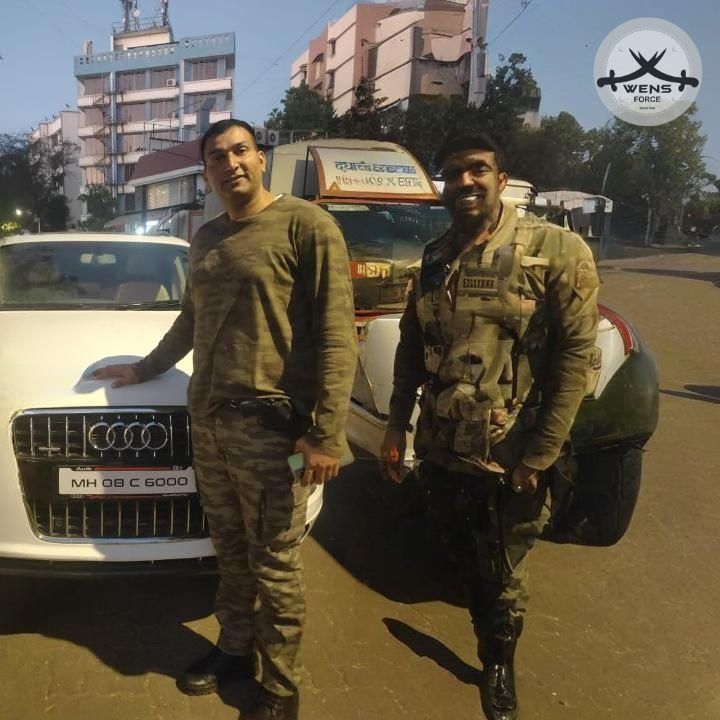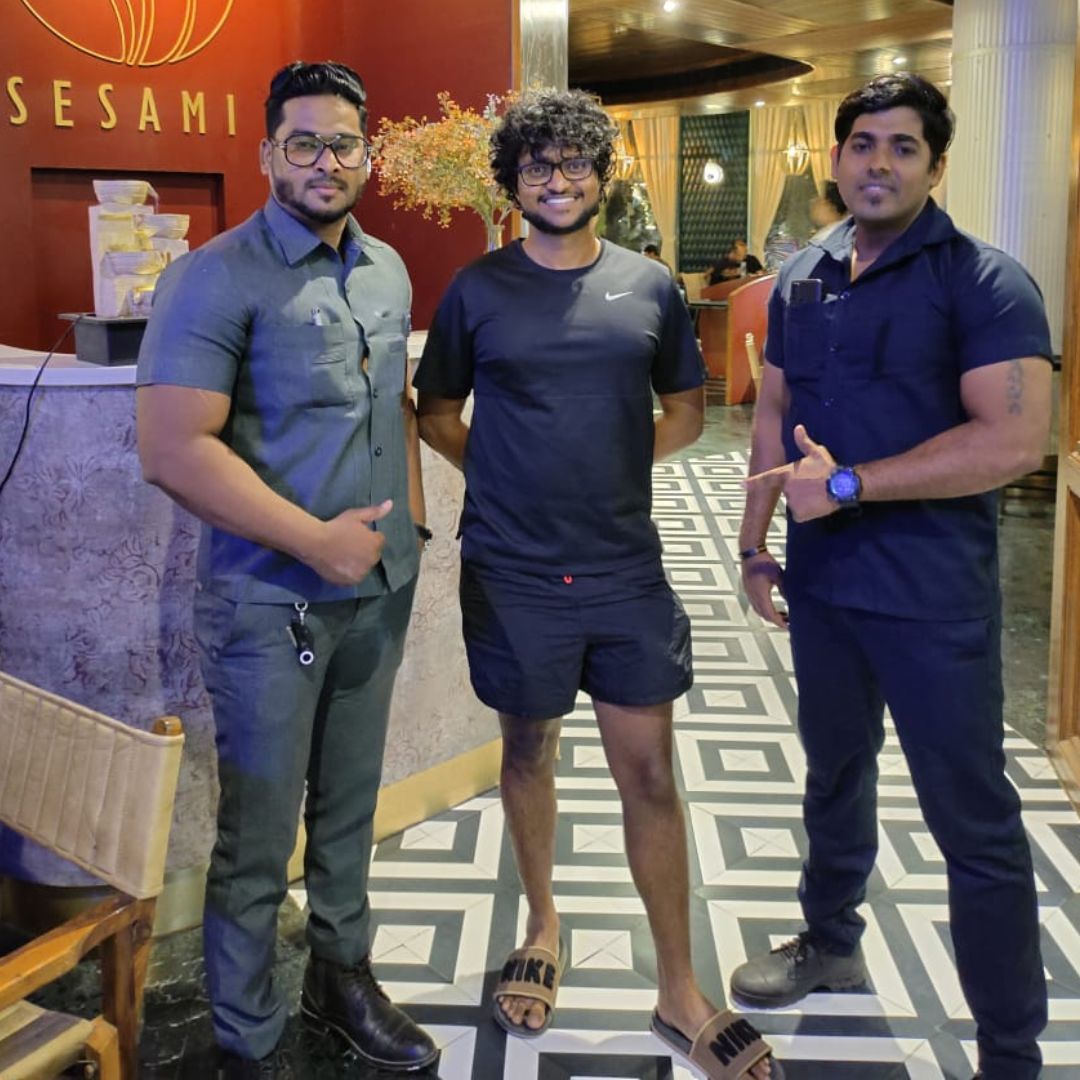What is the Significance of PSO Security in ensuring safety?
PSO security, also known as Personal Security Officers, play a crucial role in ensuring the safety and well-being of individuals, especially high-profile personalities, executives, and VIPs. These highly trained professionals are responsible for providing close protection and security services to their clients, mitigating potential risks, and ensuring a secure environment.
The importance of PSO security cannot be overstated. They serve as the first line of defence against various threats, such as physical harm, kidnapping, harassment, and other security breaches. By employing a PSO, individuals can have peace of mind knowing that they are under the constant watchful eye of a trained professional equipped to handle any security challenges that may arise.
Personal Security Officers undergo rigorous training in threat assessment, defensive tactics, emergency response, and surveillance techniques to effectively protect their clients. They are also well-versed in security protocols and procedures to implement security measures seamlessly.
In addition to providing physical protection, PSO security officers offer their clients valuable security advice and guidance, helping them make informed decisions to enhance their safety and security. By assessing potential risks and vulnerabilities, PSOs can develop customized security plans tailored to their clients’ needs and preferences.
Overall, PSO security is vital in safeguarding individuals and ensuring a secure environment where they can conduct their daily activities without fear or disruption. The presence of a competent and professional Personal Security Officer can make a significant difference in an individual’s overall security posture, providing them with the confidence and assurance they need to navigate the world safely.
Understanding the Demand and Supply of PSO Security
Understanding the demand for PSO security services is crucial for businesses looking to protect their assets and ensure the safety of their employees. PSOs, or Private Security Officers, play a vital role in safeguarding various establishments such as offices, residential buildings, events, etc.
To comprehend the demand for PSO security, factors such as the nature of the business, the level of threat or risk involved, the size of the premises, and the specific security needs must be considered. For instance, a high-profile corporate office may require round-the-clock PSO security to prevent unauthorized access and ensure the confidentiality of sensitive information.
On the other hand, a residential building may need PSO security to monitor the entry and exit points, deter potential intruders, and respond to emergencies promptly.
Moreover, the demand for PSO security services can fluctuate based on external factors such as the establishment’s location, the prevailing crime rates, and recent security incidents. Businesses must conduct a thorough risk assessment to determine the level of security required and tailor their PSO services accordingly.
PSOs undergo rigorous training in defensive tactics, emergency response, and conflict resolution to handle various security scenarios effectively. Maintaining certifications and licensing is essential for PSOs to uphold industry standards and deliver quality security services.
What are the Roles and Responsibilities of Personal Security Officers?
Personal Security Officers (PSOs) safeguard people, property, and assets. Their responsibilities are varied and demanding, requiring high professionalism and dedication.
1. Monitoring and Surveillance: PSO security professionals are responsible for monitoring and surveilling designated areas to detect and prevent security threats. This includes using surveillance equipment, patrolling premises, and maintaining a visible presence to deter potential criminal activity.
2. Access Control: PSOs are tasked with controlling access to restricted areas, ensuring that only authorized individuals are allowed entry. This involves verifying credentials, checking identification, and enforcing security protocols to maintain the integrity of the premises.
3. Emergency Response: In the event of a security breach, emergency, or threat, PSOs must respond quickly and effectively to mitigate risks and ensure the safety of individuals. This may involve alerting authorities, evacuating premises, or implementing emergency protocols as necessary.
4. Incident Reporting: PSO security professionals are responsible for documenting and reporting any security incidents, breaches, or suspicious activities. Accurate and timely reporting is essential for maintaining a record of security-related events and facilitating follow-up investigations or corrective actions.
5. Customer Service: While focusing on security, PSOs also provide exceptional customer service to clients, visitors, and employees. This may involve assisting with directions, answering inquiries, and addressing concerns professionally and courteously.
6. Compliance and Regulations: PSOs must adhere to all relevant laws, regulations, and security procedures governing their role. This includes staying informed about industry best practices, completing required training, and upholding ethical standards in their conduct.
What is the future of a Personal Security Officer?
As security concerns continue to evolve, the role of PSOs in providing personalized security solutions will remain paramount. Whether safeguarding high-profile individuals or addressing personal safety concerns, PSOs play a vital role in enhancing security measures.
In conclusion, PSOs offer invaluable security solutions tailored to individual safety needs. By understanding their roles, responsibilities, and benefits, individuals can make informed decisions to enhance their security.
This article is written by taking insights from Mr. Hassan Ashraf, CEO of WENS Force, a leading private security firm. As the CEO highlights, the private bodyguard industry is on the rise, driven by a growing need for personal protection in an increasingly volatile world. With rigorous training and a commitment to safety, bodyguards provide a vital service that offers peace of mind to those who need it most. As we move forward into 2024 and beyond, the essential role of private bodyguards in ensuring personal security will only become more pronounced.









